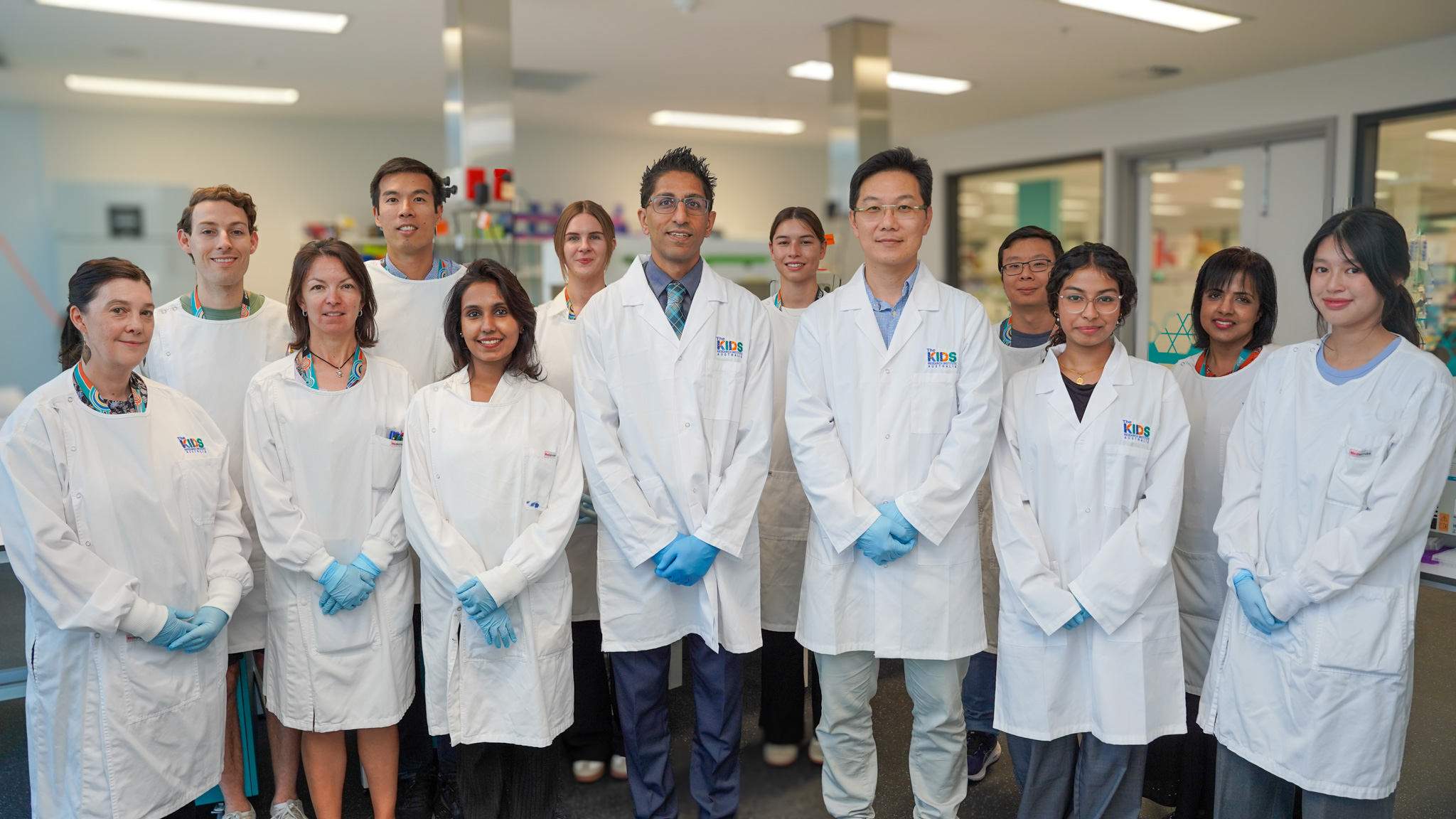Search
Research
Longitudinal evidence of the impact of dog ownership and dog walking on mental healthEmerging evidence supports the physical health and social benefits of dog ownership. This study examined the longitudinal effect of dog ownership and dog walking on mental health.
Research
The relationship between dog ownership, dog play, family dog walking, and pre-schooler social-emotional development: findings from the PLAYCE observational studyRegular physical activity provides children with health and developmental benefits. This study investigated if active play and walking with the family dog was associated with better social-emotional development in young children.
Research
Exposomes and metabolic health through a physical activity lens: a narrative reviewIn this narrative review, we provide an overview of the role of physical activity as part of differing exposomes (our combined non-genetic exposures from conception onwards) and environmental influences on metabolic health. We discuss 'beneficial' exposomes (green/natural outdoor spaces, sun exposure, healthy diets and features of built environments) that could synergise with physical activity to prevent metabolic dysfunction, particularly that related to lifestyle diseases of obesity, type 2 diabetes and metabolic syndrome.
Research
Prevalence and Correlates of Observed Sun Protection Behaviors Across Different Public Outdoor Settings in Melbourne, AustraliaSkin cancer prevention efforts in Australia have increasingly incorporated a focus on protection during incidental sun exposure. This complements the long-present messages promoting protection in high-risk settings and avoidance of acute intense bouts of sun exposure.

The main aim of our Leukaemia Translational Research Team is to test innovative therapeutic approaches, with a focus on clinical translation of this knowledge, to improve the outcomes of children suffering from leukaemia.
Research
Models of school breakfast program implementation in Western Australia and the implications for supporting disadvantaged studentsA substantial body of literature points to the educational and social benefits of school breakfast programs. Most high-income countries provide free or subsidized school breakfasts to support disadvantaged children. Australia does not have a nationally-funded school meal program. Instead, charitable organizations offer school breakfast programs on a voluntary basis, often with funding support from state/territory governments.
Research
Novel therapeutics approaches for infants with high-risk infant acute lymphoblastic leukaemiaRishi S. Laurence Sébastien Kotecha Cheung Malinge MB ChB (Hons) MRCPCH FRACP PhD BPharm (Hons) MBA PhD PhD Co-Head, Leukaemia Translational Research
Research
Targeting DYRK1A: a key player in Down syndrome LeukaemogenesisSébastien Malinge PhD Laboratory Head, Translational Genomics in Leukaemia, Senior Research Fellow (University of Western Australia), Adjunct Senior
Research
Built Environments and Child Health: A Policy Review’, Life Course Centre Working Paper Series, 2021-22Childhood obesity is one of the most serious public health challenges of the 21st century and is affected not only by individual choice but also by societal and environmental influences. Childhood obesity is higher in children living in regional and remote compared with major cities, in one-parent families and for those with a disability.
Research
Study protocol for Healthy Conversations @ Playgroup: a multi-site cluster randomized controlled trial of an intervention to promote healthy lifestyle behaviours in young children attending community playgroupsEarly childhood is a critical window for preventing obesity and chronic disease. Yet, 1 in 4 Australian children aged 5 years and under are affected by overweight or obesity; and significant proportions of children under 5 years fail to meet guidelines for diet quality, physical activity (PA), screen time, and sleep.
Research
The community food environment and its association with diet, health or weight status in Australia: A systematic review with recommendations for future researchThis study systematically reviewed Australian literature to determine if an association exists between geospatial exposure to food outlets and diet, health or weight status. Recommendations for future research are provided.
Research
A Parent-Mediated Intervention for Newborns at Familial Likelihood of Autism: Initial Feasibility Study in the General PopulationDevelopmental theory and previous studies support the potential value of prodromal interventions for infants at elevated likelihood of developing autism. Past research has supported the efficacy of parent-mediated prodromal therapies with infants from as early as 7 months. We outline the rationale for implementing interventions following this model from even earlier in development and report on the feasibility of a novel intervention developed following this model of parent-mediated infant interventions.
Research
Causal Impact of Physical Activity on Child Health and DevelopmentThe relationship between physical activity and child health and development is well-documented, yet the extant literature provides limited causal insight into the amount of physical activity considered optimal for improving any given health or developmental outcome.
